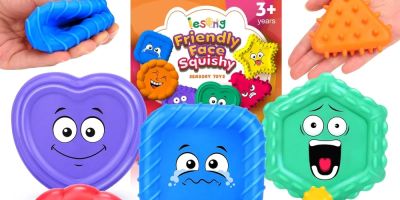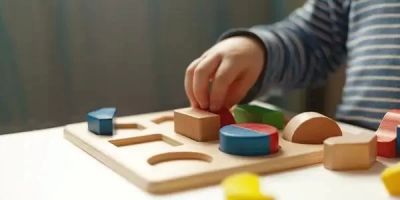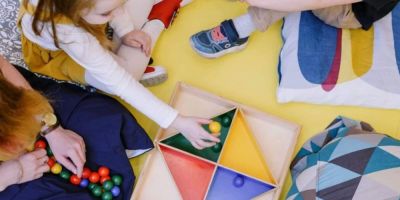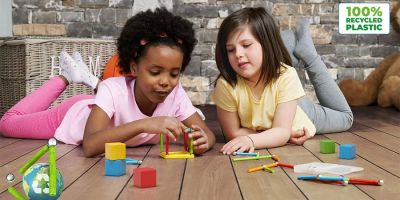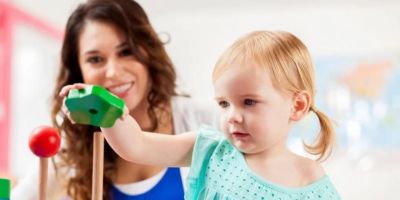- 1-Benefits-Of-Building-A-Toy-Library-For-Kids
- 2-Planning-Your-Kids-Toy-Library
- 3-Selecting-And-Organizing-Toys-Effectively
- 4-Designing-The-Space-For-Fun-And-Learning
- 5-Maintenance-And-Encouraging-Responsibility
- 6-Finding-The-Right-Toys-And-Resources
1. Benefits of Building a Toy Library for Kids
Creating a toy library for your kids is more than just organizing toys—it's about fostering creativity, sharing, and learning. A well-designed toy library encourages children to explore new toys regularly, reduces clutter, and promotes responsible play habits. It also helps parents save money by rotating toys rather than constantly buying new ones. Many families have found this approach enriches playtime and strengthens family bonds.
1.1 Encouraging Sharing and Social Skills
When kids borrow and exchange toys within a library setup, they learn the value of sharing and cooperation. This social interaction is invaluable for their development.
1.2 Enhancing Cognitive and Emotional Growth
A diverse collection of toys stimulates different areas of a child’s brain, encouraging problem-solving, creativity, and emotional expression.
2. Planning Your Kids’ Toy Library
Effective planning sets the foundation for a successful toy library tailored to your family’s needs.
2.1 Assessing Space and Needs
Identify a dedicated area in your home that can comfortably house your toy collection. It should be accessible for kids and provide enough room for play and storage.
2.2 Setting Goals and Rules
Define the purpose of your toy library. Decide if it’s for rotating toys, encouraging sharing among siblings, or teaching organization. Establish clear guidelines about borrowing and returning toys to instill responsibility.
3. Selecting and Organizing Toys Effectively
Choosing and arranging toys thoughtfully ensures the library remains inviting and functional.
3.1 Categorizing Toys by Type and Age
Group toys by categories such as puzzles, building blocks, educational games, and age appropriateness. This makes selection easier and safer for your children.
3.2 Using Storage Solutions
Incorporate shelves, bins, and labeled containers to keep toys visible yet orderly. Transparent bins help kids find what they want without creating a mess.
3.3 Rotating Toys Regularly
To maintain interest and reduce clutter, rotate the toys every few weeks. This practice refreshes the play options and keeps kids engaged.
4. Designing the Space for Fun and Learning
The environment plays a crucial role in how children interact with their toy library.
4.1 Comfortable and Safe Setup
Ensure the play area has soft flooring, good lighting, and is free from hazards. Child-friendly furniture and easy-to-reach shelves empower kids to access toys independently.
4.2 Incorporating Educational Elements
Integrate books, posters, and interactive displays related to toys to enhance learning opportunities. A cozy reading nook near the toy library can enrich the experience further.
5. Maintenance and Encouraging Responsibility
Keeping the toy library organized and teaching kids to care for it builds lifelong habits.
5.1 Regular Cleaning and Inspection
Schedule periodic clean-ups to remove broken or outgrown toys. This ensures safety and keeps the library inviting.
5.2 Teaching Kids to Return and Care for Toys
Encourage children to put toys back after use and treat them gently. Positive reinforcement and involving them in organization fosters responsibility.
6. Finding the Right Toys and Resources
To build a versatile and engaging toy library, sourcing quality toys is essential. Knight Toys offers a wide range of carefully selected products ideal for toy libraries, ensuring durability and educational value. Exploring their collection can help you create the perfect environment tailored to your child’s needs and interests.
Building a toy library for your kids is a rewarding project that combines organization, education, and fun. With thoughtful planning and the right resources, you can create a dynamic space that grows with your children and nurtures their development every step of the way.

